Meta Offered Apple AI Executive Over $200 Million to Leave
Meta offered one of Apple's top artificial intelligence executives over $200 million to lure him away from the company, Bloomberg reports.

Ruoming Pang, who until recently led Apple's foundation models team, departed the company to join Meta's Superintelligence Labs, a newly established division tasked with building advanced AI systems capable of performing at or beyond human-level intelligence.
At Apple, he was in charge of a team with approximately 100 employees that work on Apple's large language models. Models developed by Pang's team are used for Apple Intelligence features like email summaries, Priority Notifications, and Genmoji.
People familiar with the matter speaking to Bloomberg said Meta's offer to Pang includes a substantial base salary, a signing bonus, and a large stock award that forms the majority of the compensation. The full payout is contingent upon performance milestones and continued employment over several years.
Apple apparently did not even attempt to match the offer. The proposed sum significantly exceeds the compensation of all Apple employees, other than that of CEO Tim Cook. Pang's compensation is among the highest ever offered in a corporate setting, rivaling packages for chief executives at major global banks.
In a podcast interview last month, OpenAI CEO Sam Altman said Meta had been offering signing bonuses as high as $100 million to attract top talent: "[Meta] started making these giant offers to a lot of people on our team. You know, like $100 million signing bonuses, more than that in compensation per year."
Apple has reportedly appointed Zhifeng Chen as the new head of its Foundation Models team and implemented more a distributed management structure, with responsibilities split among several senior engineers.
In addition to Pang, Meta's Superintelligence Labs now includes prominent figures such as former GitHub CEO Nat Friedman, AI startup founder Daniel Gross, and Scale AI co-founder Alexandr Wang.
This article, "Meta Offered Apple AI Executive Over $200 Million to Leave" first appeared on MacRumors.com
Discuss this article in our forums

Ruoming Pang, who until recently led Apple's foundation models team, departed the company to join Meta's Superintelligence Labs, a newly established division tasked with building advanced AI systems capable of performing at or beyond human-level intelligence.
At Apple, he was in charge of a team with approximately 100 employees that work on Apple's large language models. Models developed by Pang's team are used for Apple Intelligence features like email summaries, Priority Notifications, and Genmoji.
People familiar with the matter speaking to Bloomberg said Meta's offer to Pang includes a substantial base salary, a signing bonus, and a large stock award that forms the majority of the compensation. The full payout is contingent upon performance milestones and continued employment over several years.
Apple apparently did not even attempt to match the offer. The proposed sum significantly exceeds the compensation of all Apple employees, other than that of CEO Tim Cook. Pang's compensation is among the highest ever offered in a corporate setting, rivaling packages for chief executives at major global banks.
In a podcast interview last month, OpenAI CEO Sam Altman said Meta had been offering signing bonuses as high as $100 million to attract top talent: "[Meta] started making these giant offers to a lot of people on our team. You know, like $100 million signing bonuses, more than that in compensation per year."
Apple has reportedly appointed Zhifeng Chen as the new head of its Foundation Models team and implemented more a distributed management structure, with responsibilities split among several senior engineers.
In addition to Pang, Meta's Superintelligence Labs now includes prominent figures such as former GitHub CEO Nat Friedman, AI startup founder Daniel Gross, and Scale AI co-founder Alexandr Wang.
This article, "Meta Offered Apple AI Executive Over $200 Million to Leave" first appeared on MacRumors.com
Discuss this article in our forums







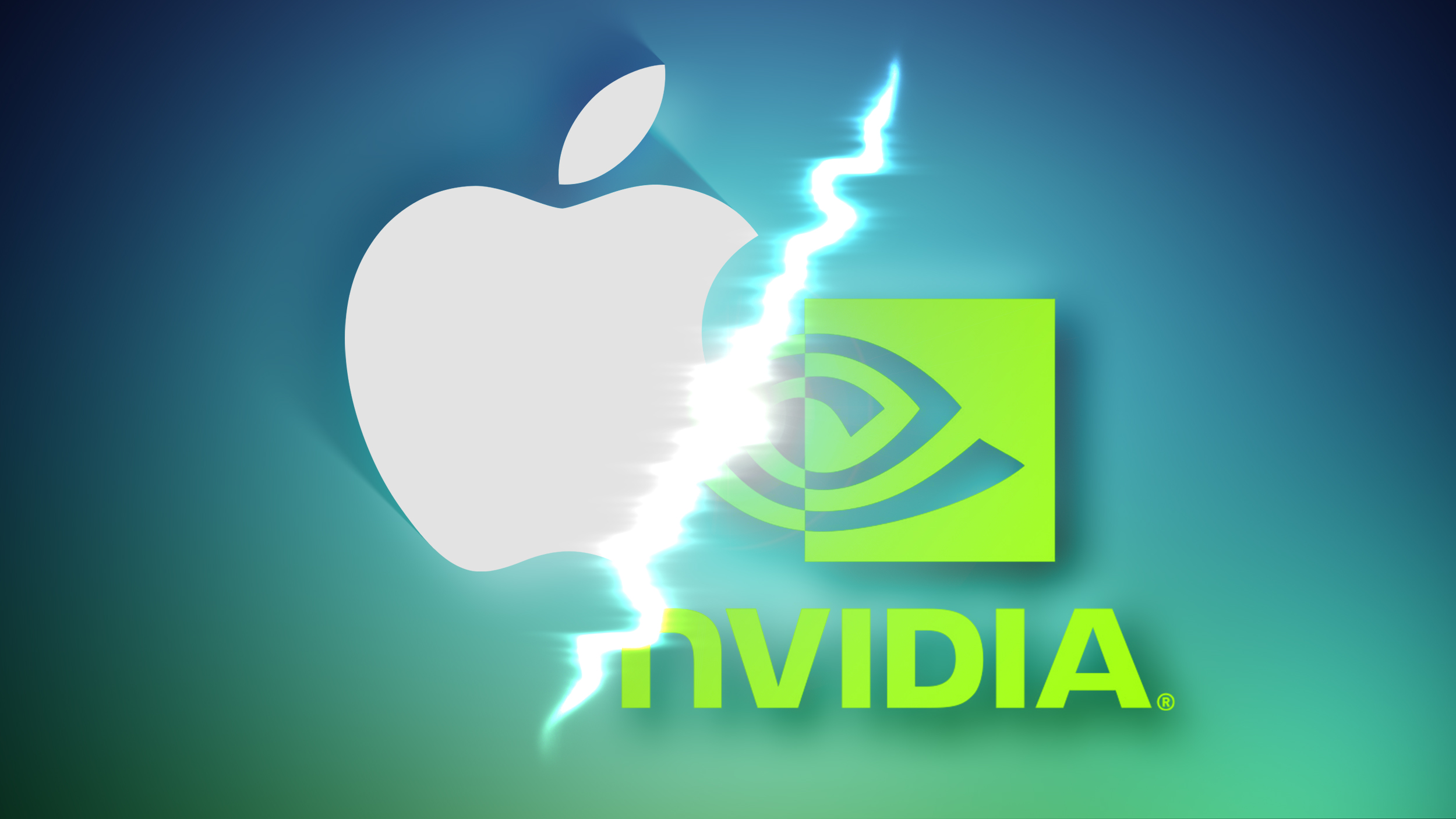
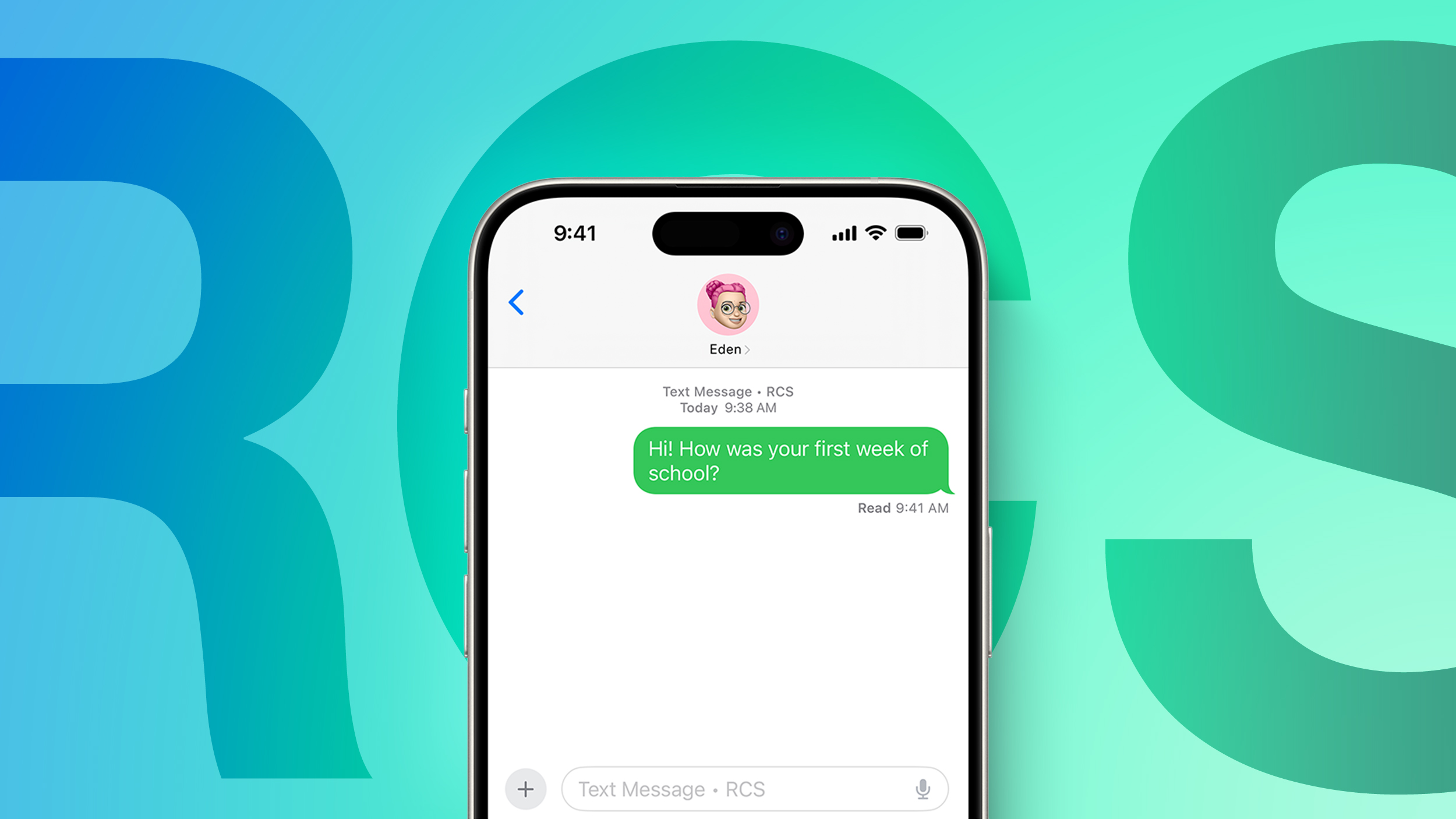


 Note: MacRumors is an affiliate partner with Amazon. When you click a link and make a purchase, we may receive a small payment, which helps us keep the site running.
Note: MacRumors is an affiliate partner with Amazon. When you click a link and make a purchase, we may receive a small payment, which helps us keep the site running.

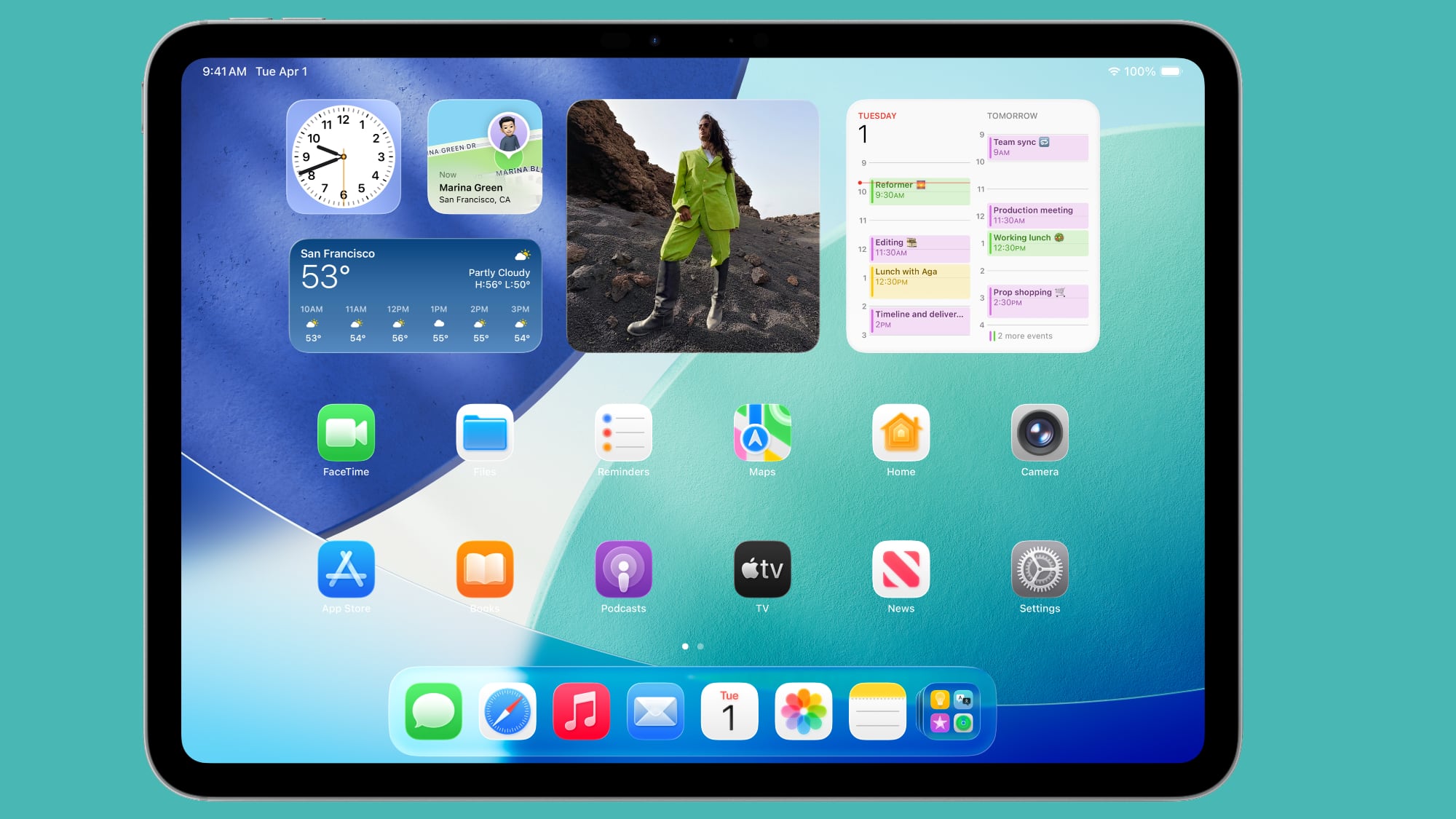
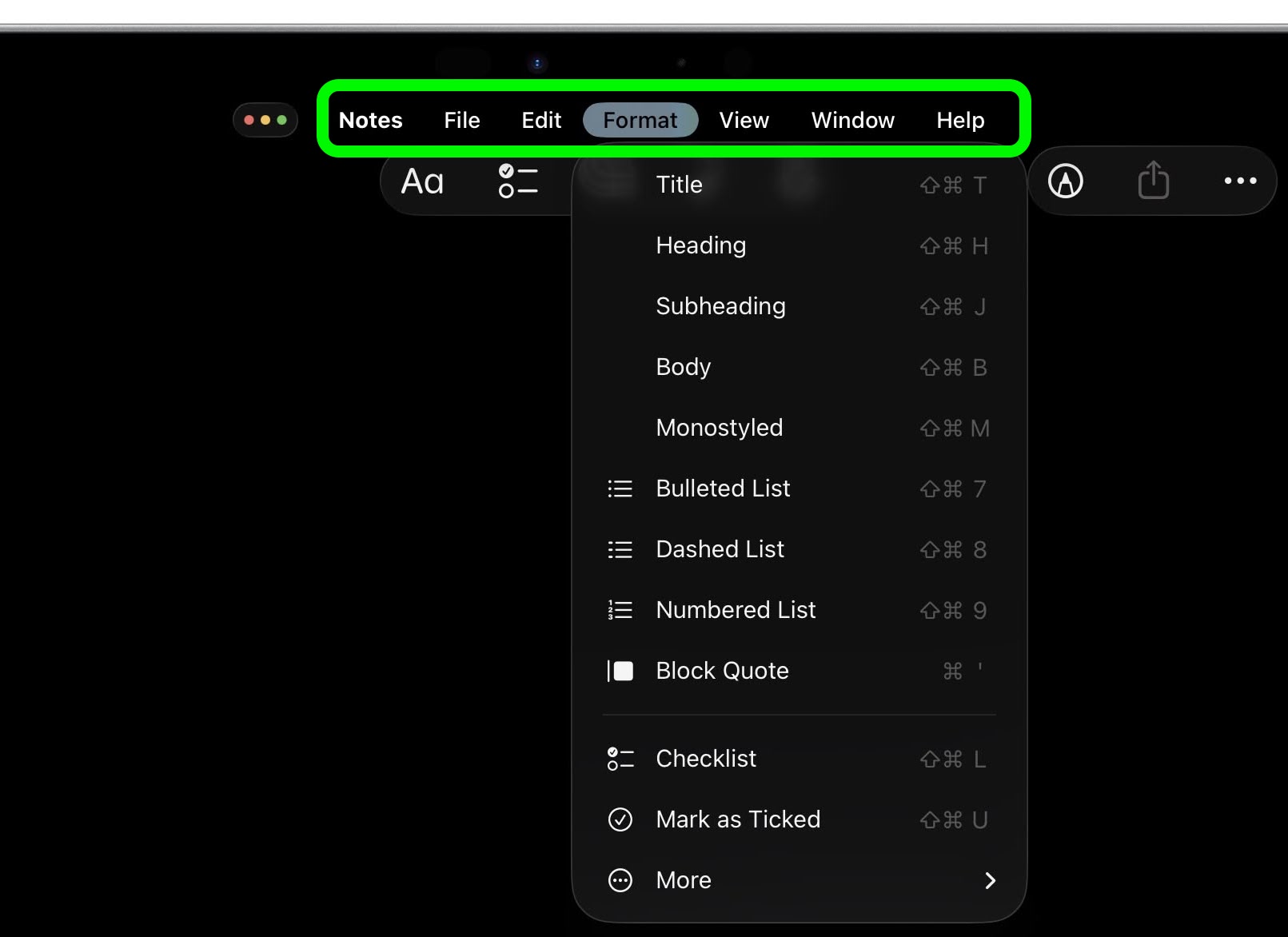
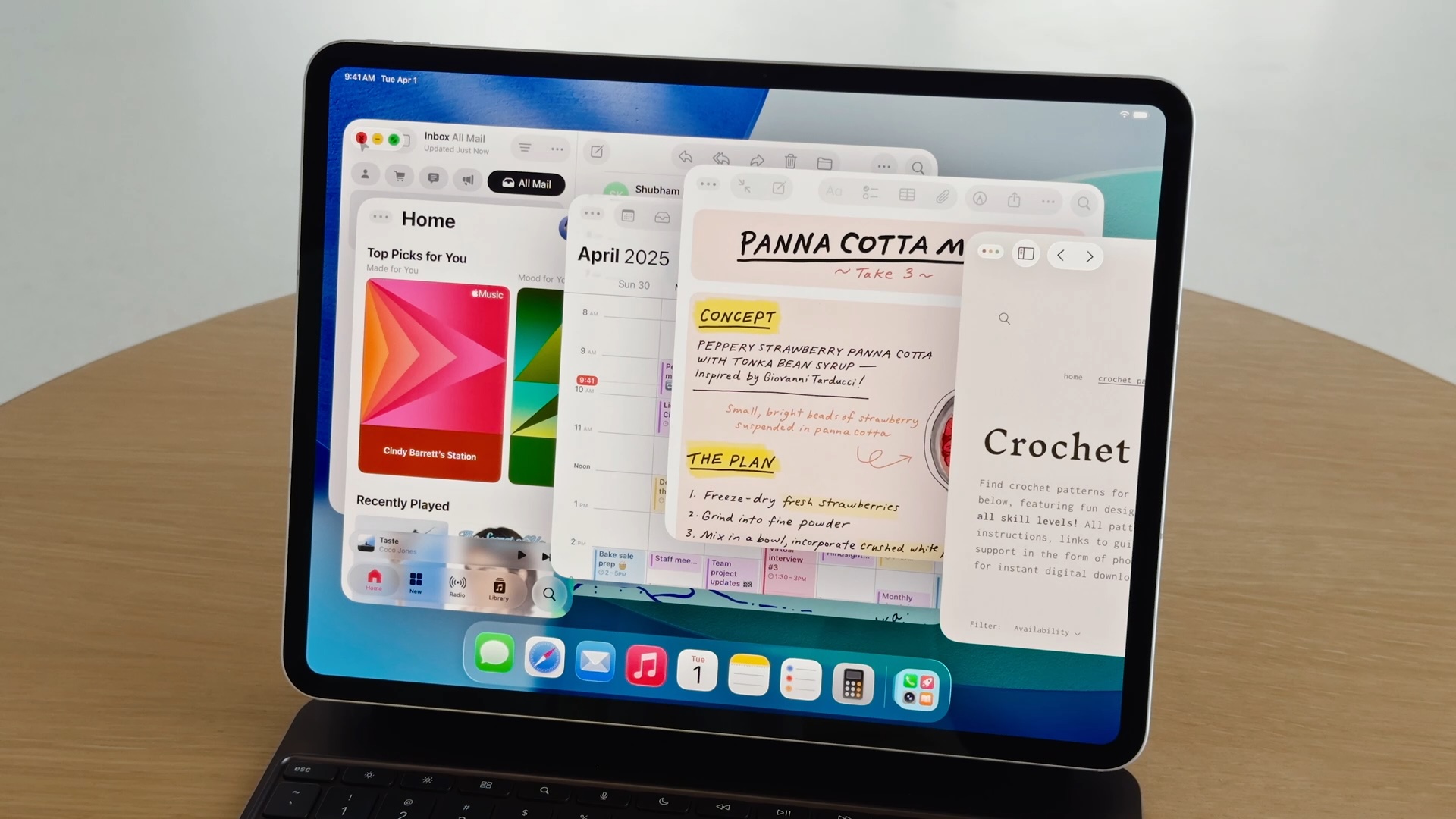
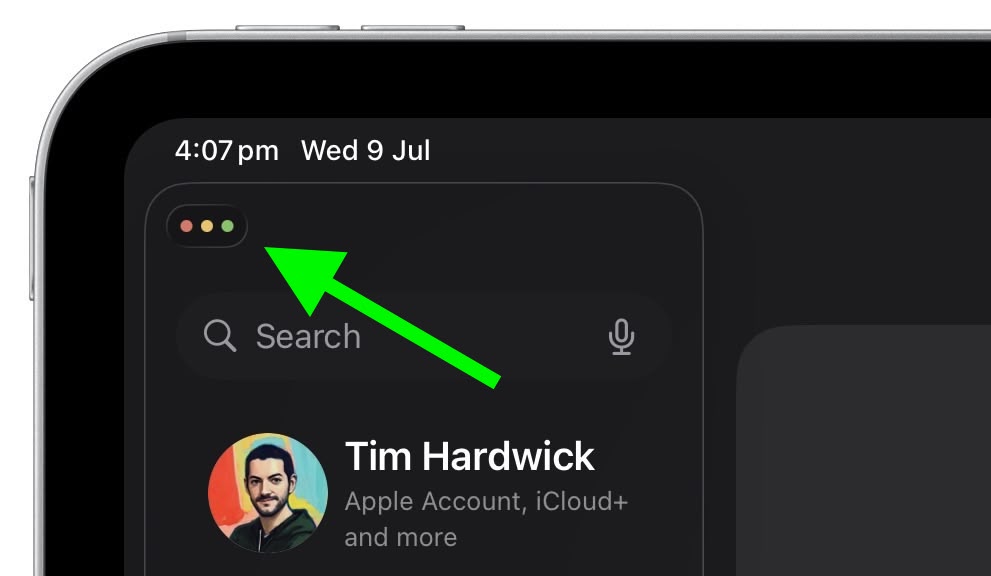

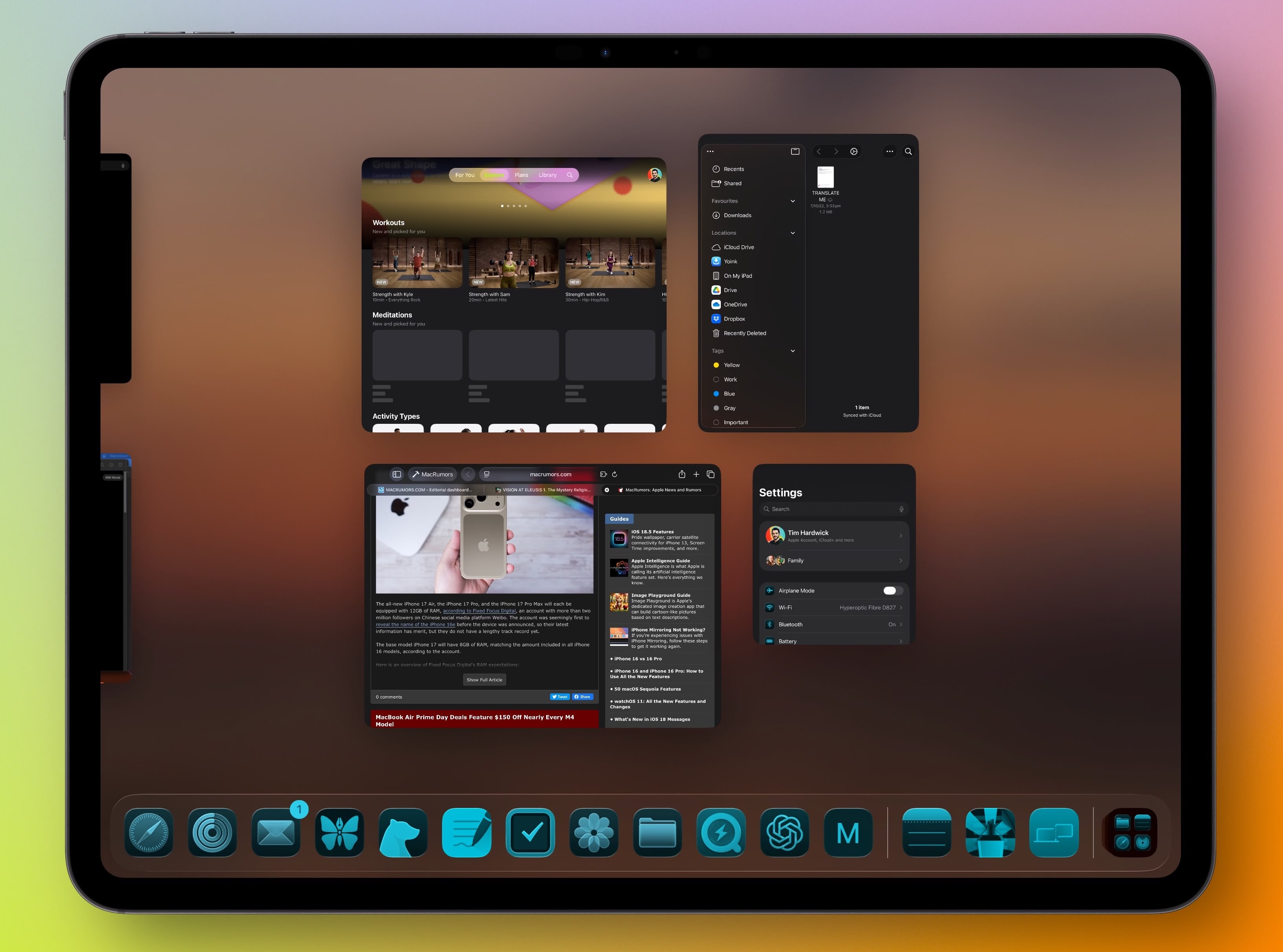
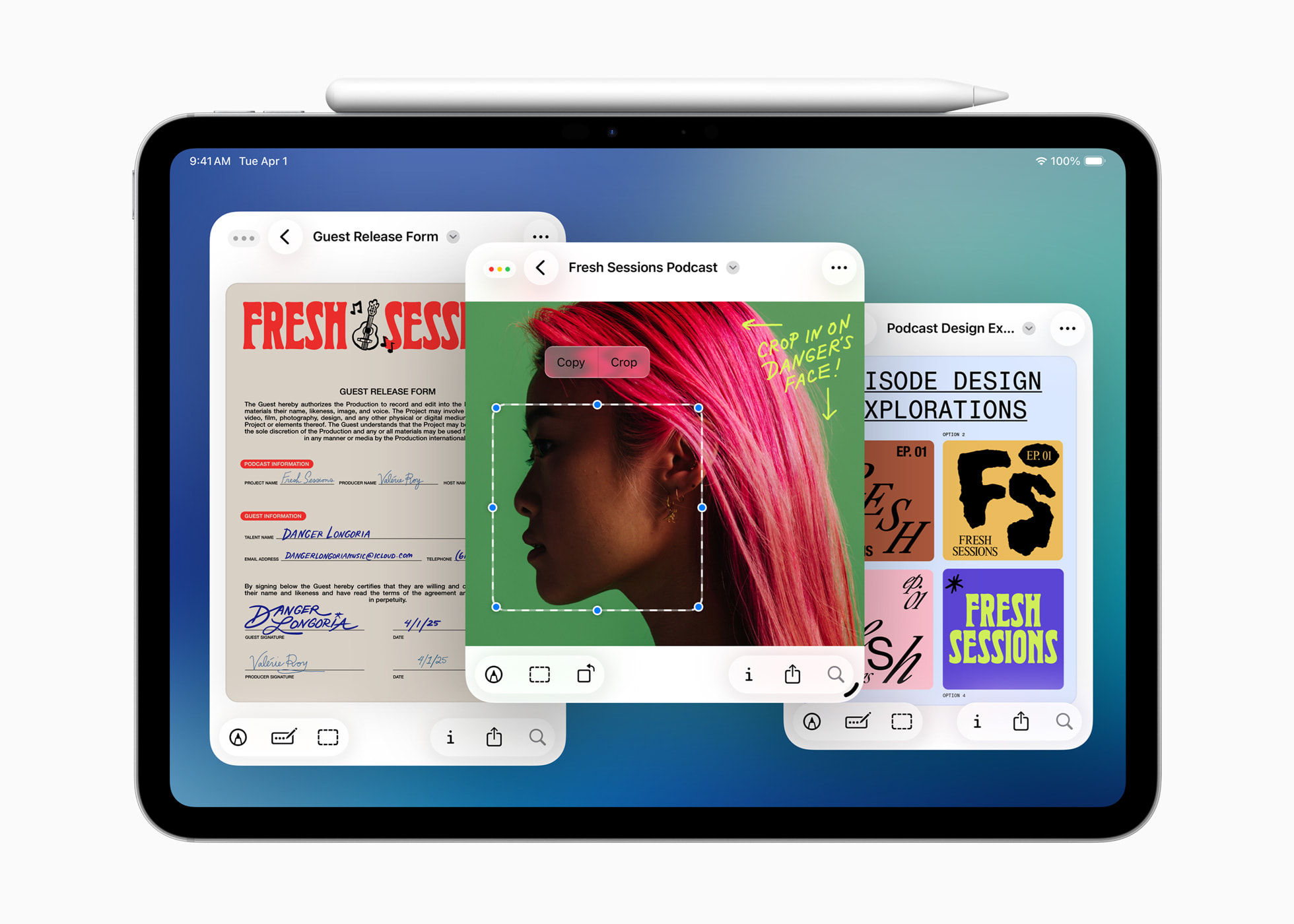
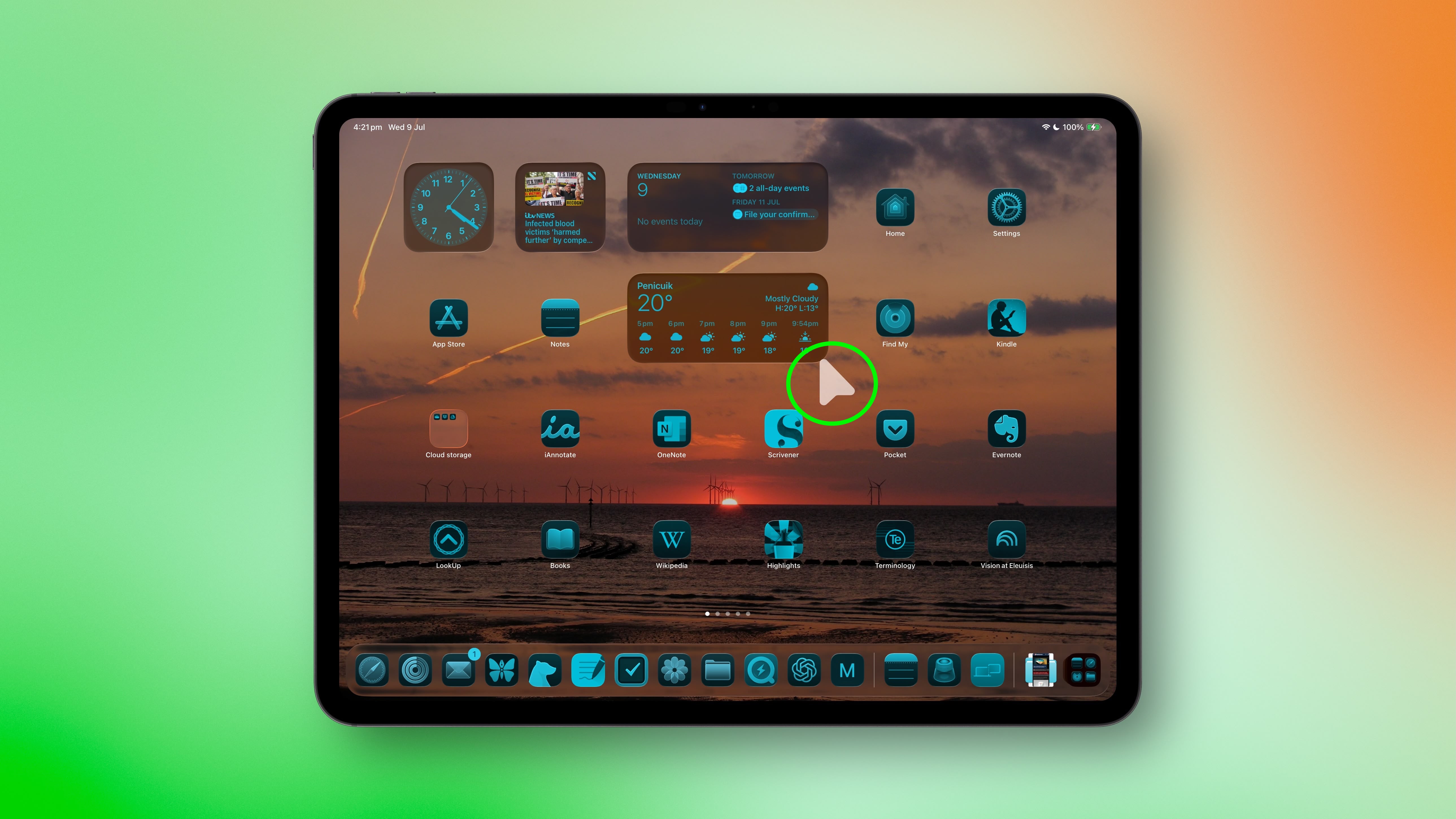
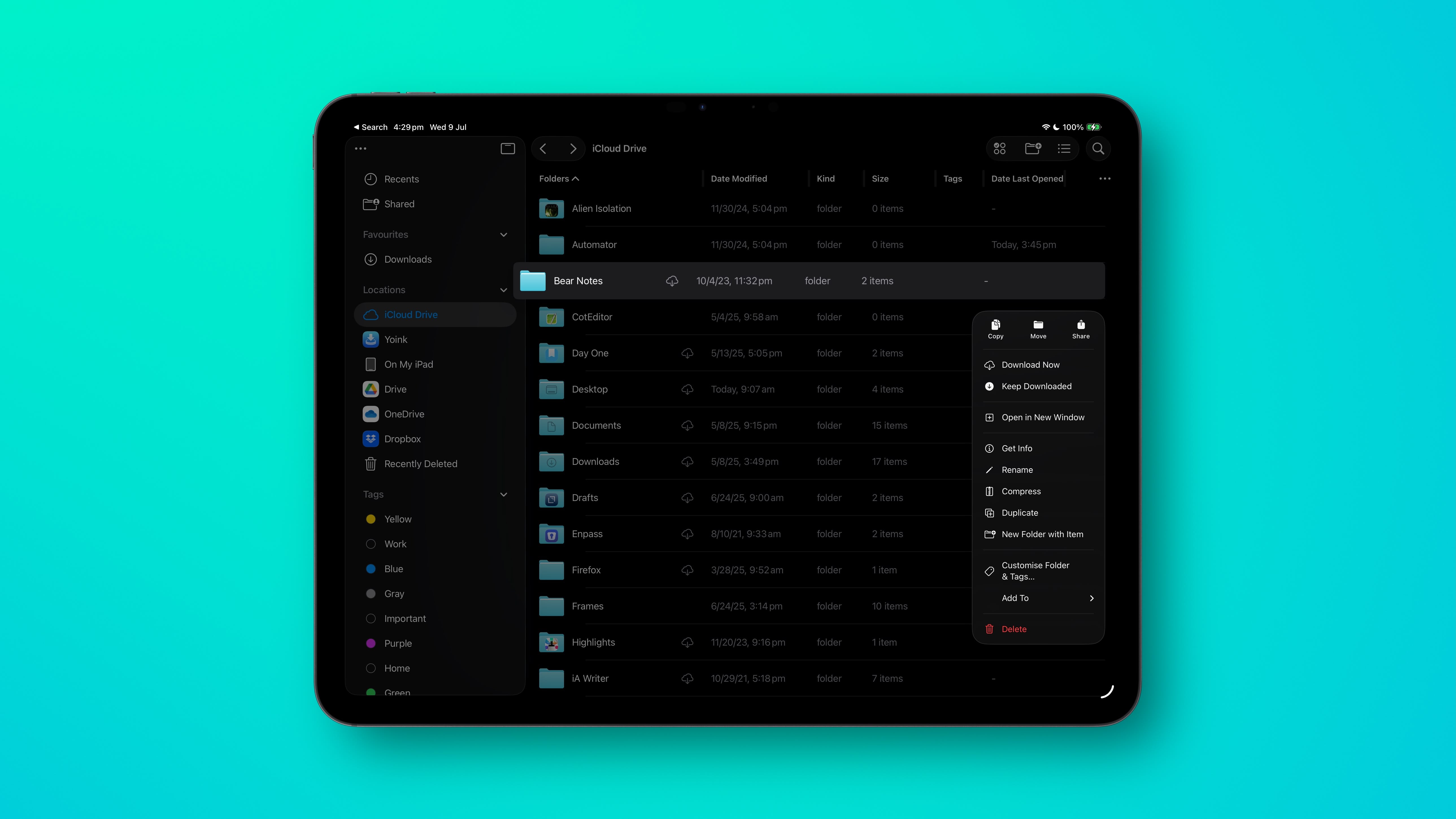
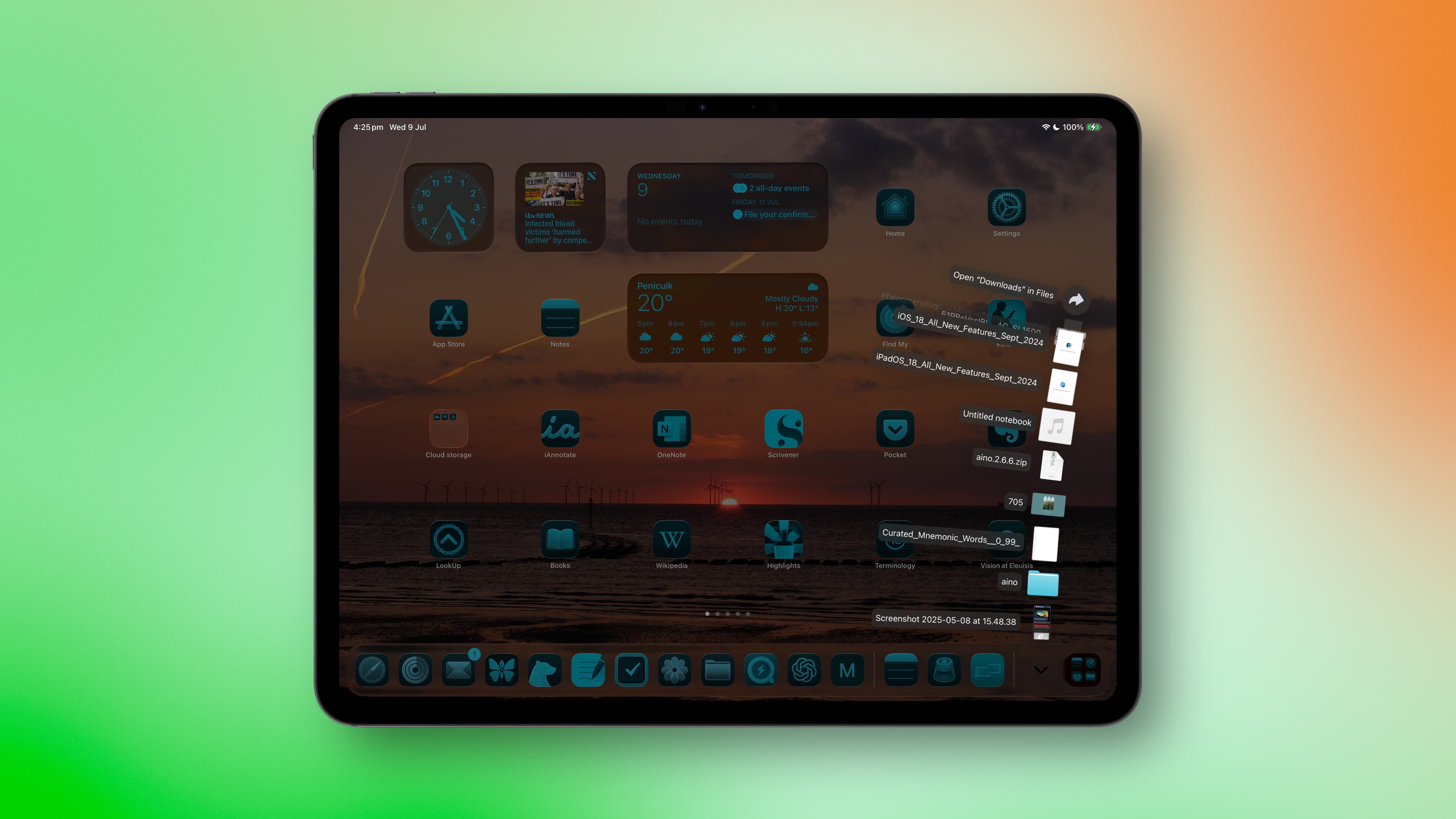


 Note: MacRumors is an affiliate partner with some of these vendors. When you click a link and make a purchase, we may receive a small payment, which helps us keep the site running.
Note: MacRumors is an affiliate partner with some of these vendors. When you click a link and make a purchase, we may receive a small payment, which helps us keep the site running.

 Note: MacRumors is an affiliate partner with some of these vendors. When you click a link and make a purchase, we may receive a small payment, which helps us keep the site running.
Note: MacRumors is an affiliate partner with some of these vendors. When you click a link and make a purchase, we may receive a small payment, which helps us keep the site running.




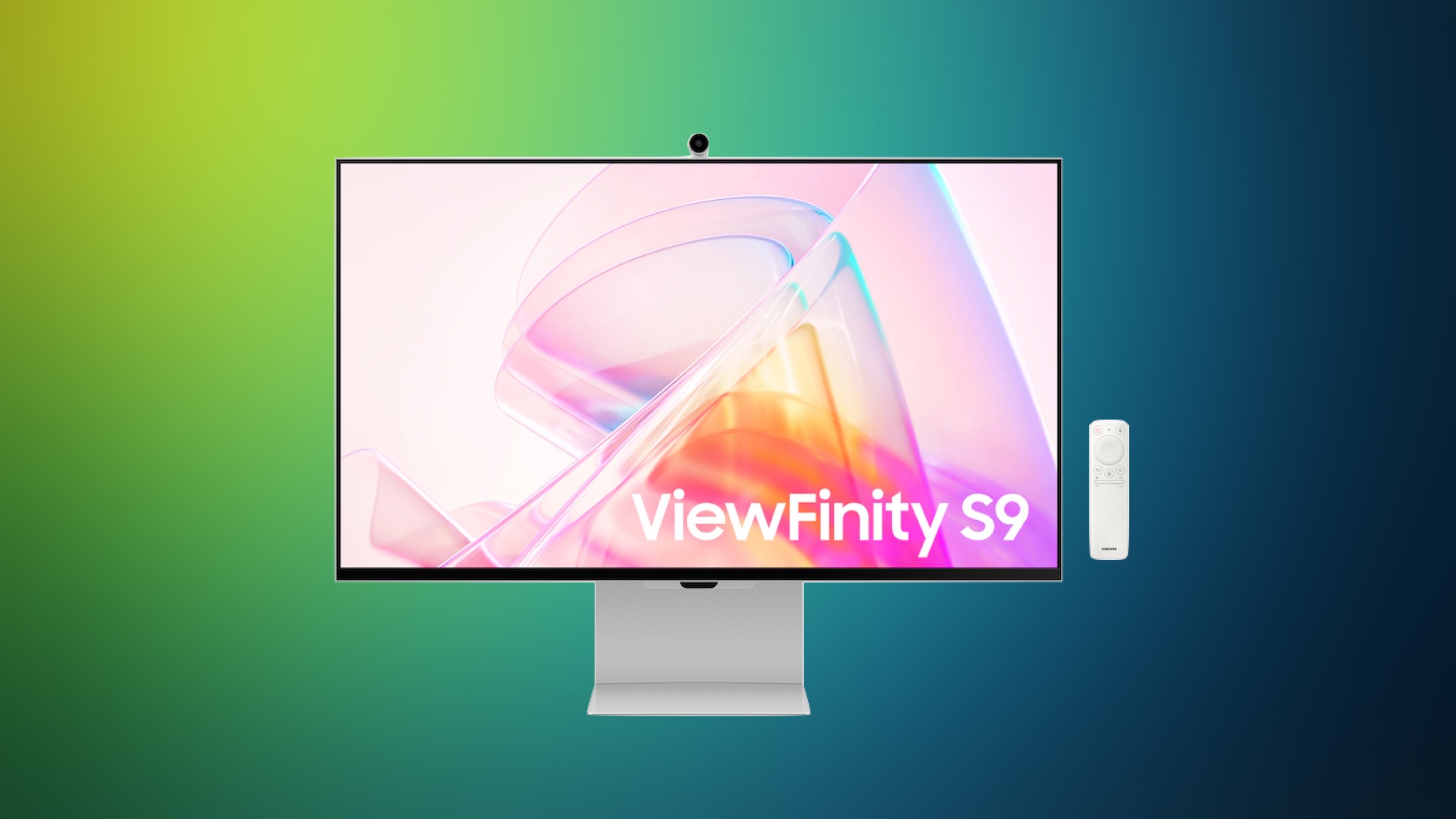


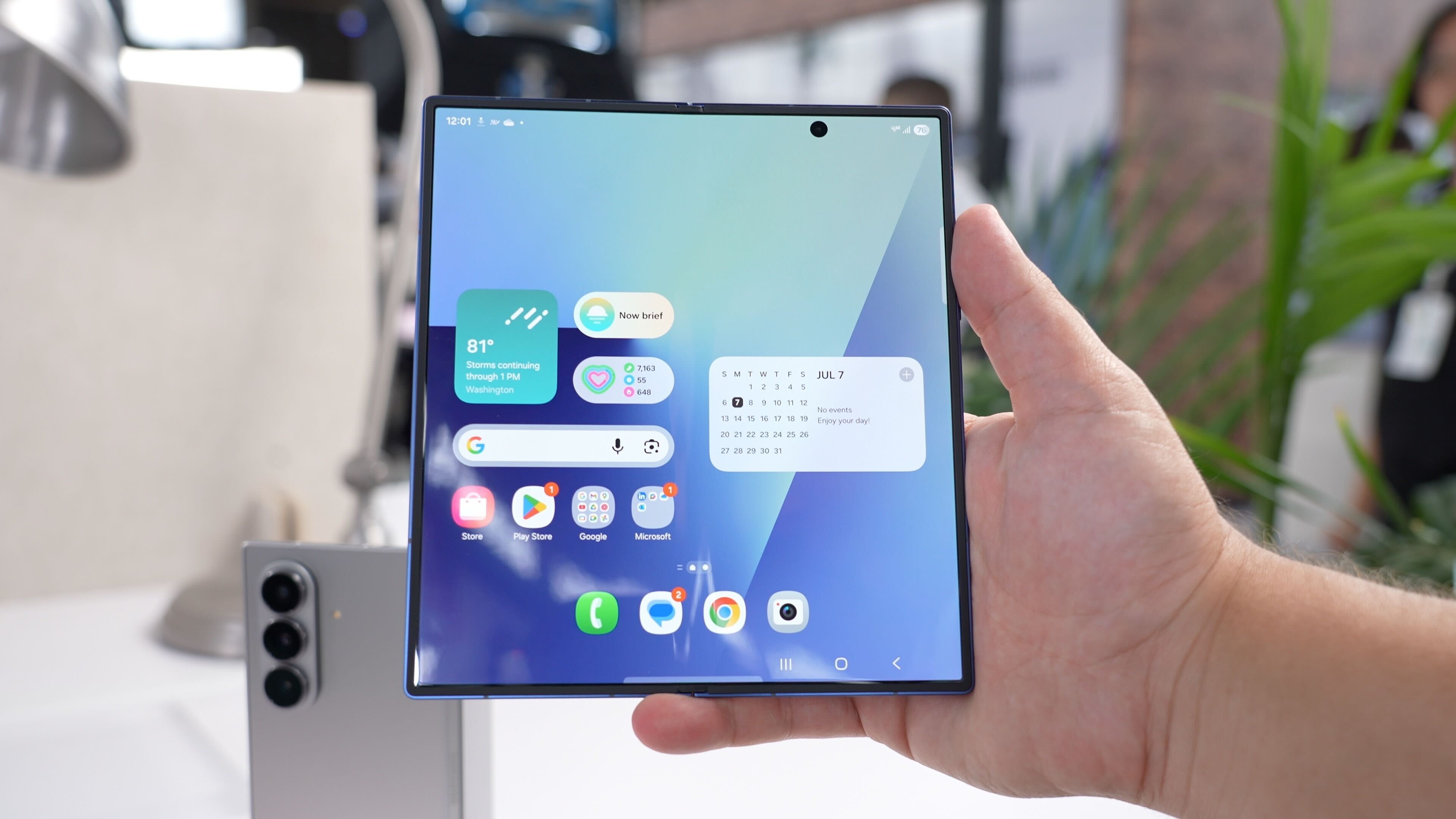 Galaxy Z Fold7
Galaxy Z Fold7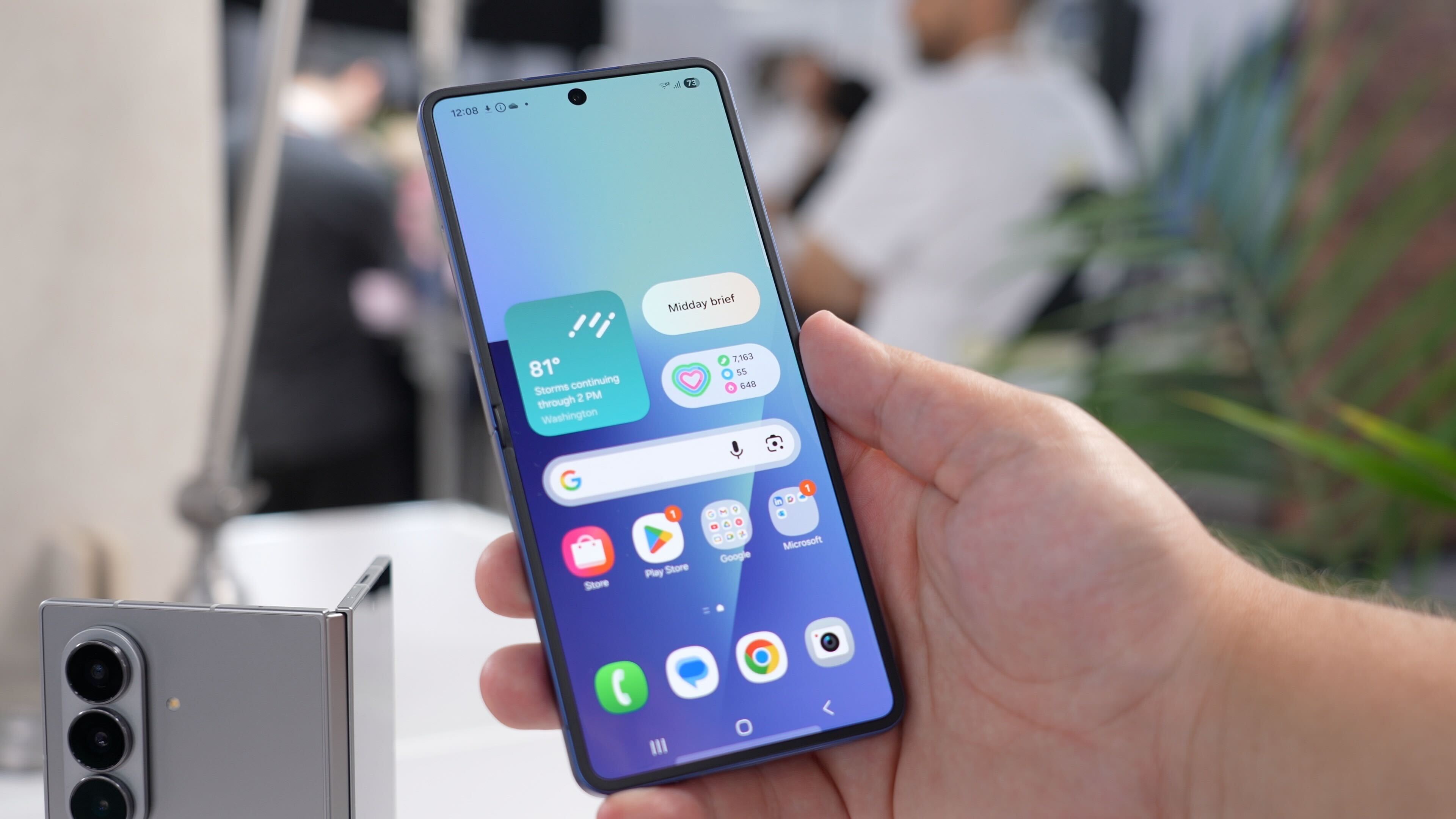 Galaxy Z Fold7
Galaxy Z Fold7 Galaxy Z Fold7
Galaxy Z Fold7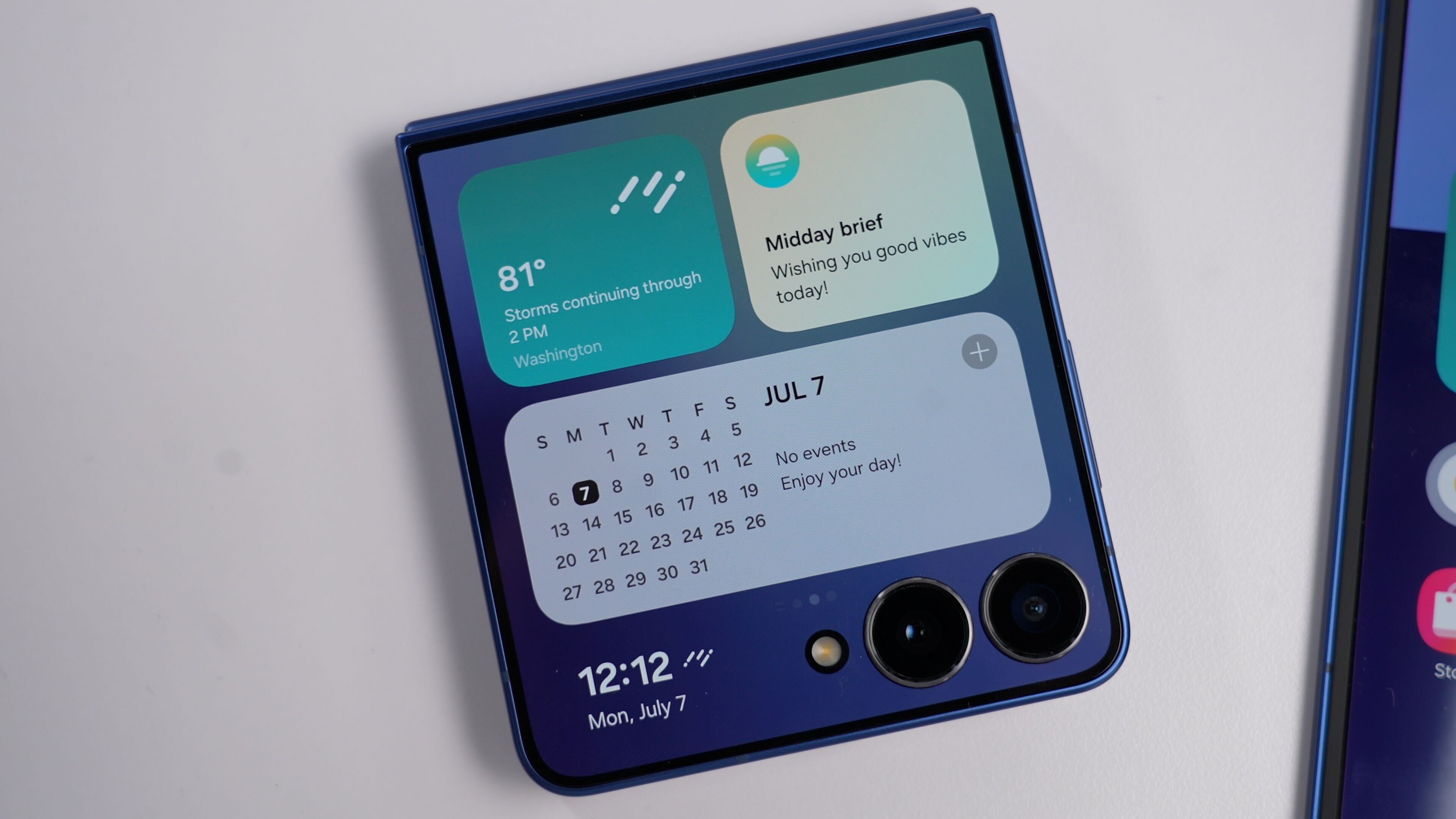 Galaxy Z Flip7
Galaxy Z Flip7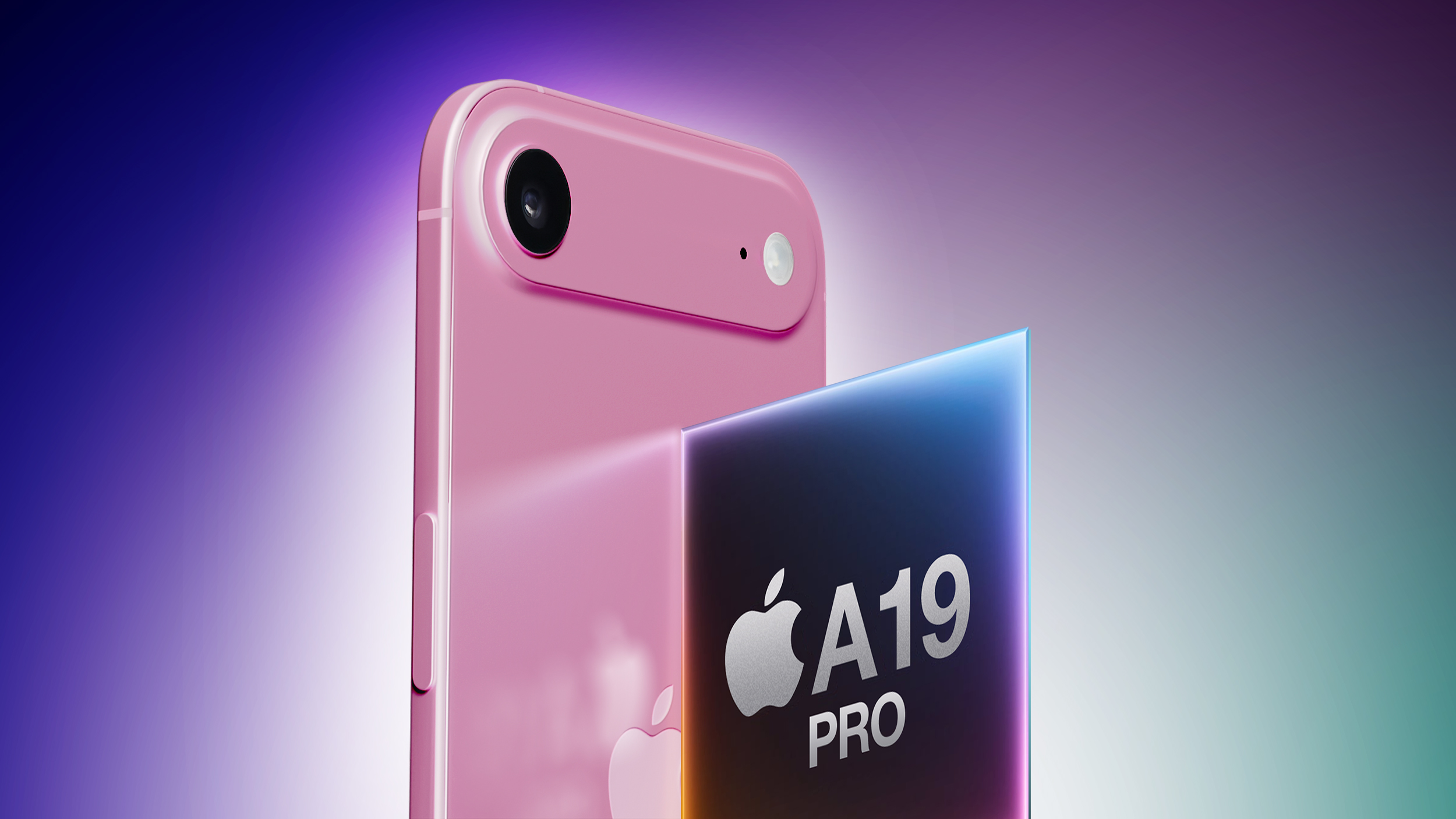
 Note: MacRumors is an affiliate partner with Amazon. When you click a link and make a purchase, we may receive a small payment, which helps us keep the site running.
Note: MacRumors is an affiliate partner with Amazon. When you click a link and make a purchase, we may receive a small payment, which helps us keep the site running.







